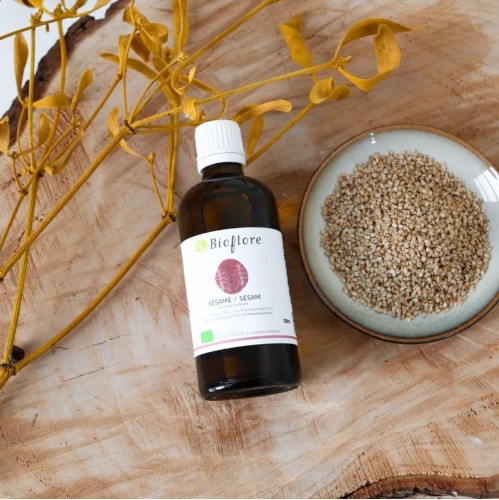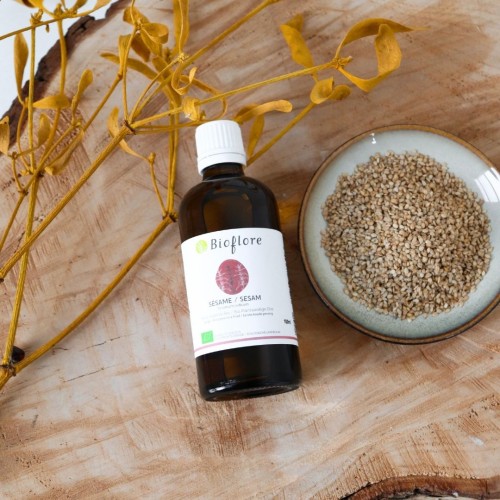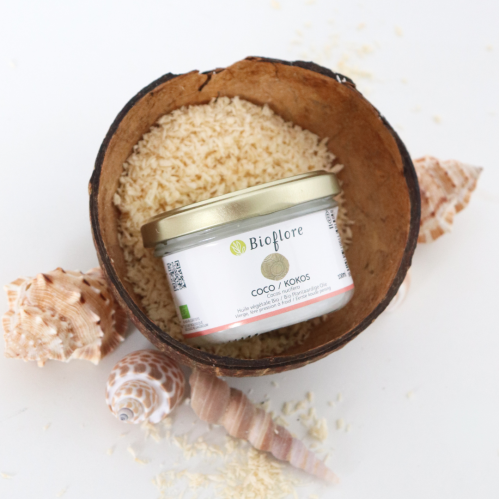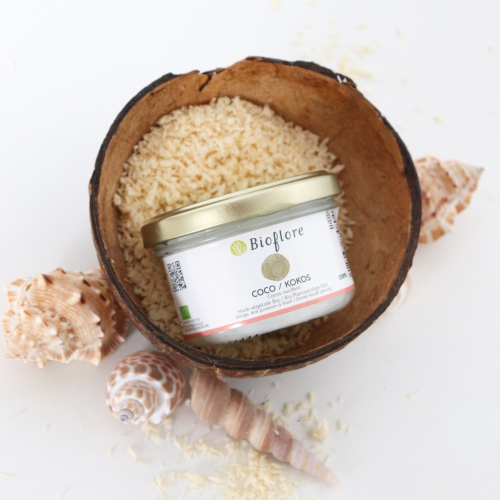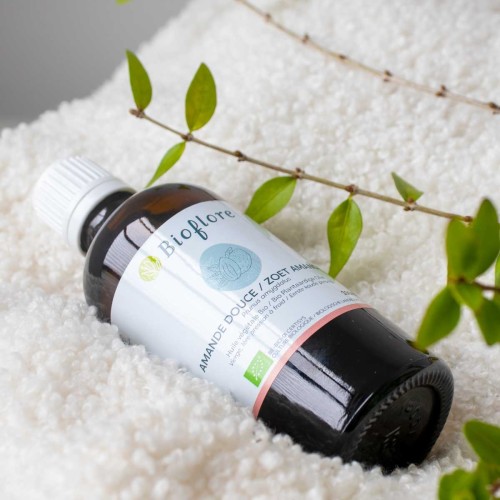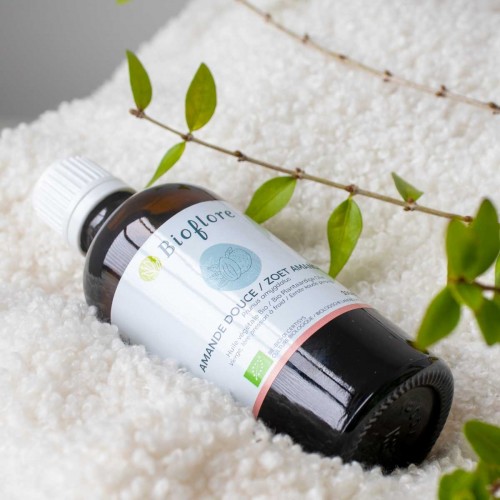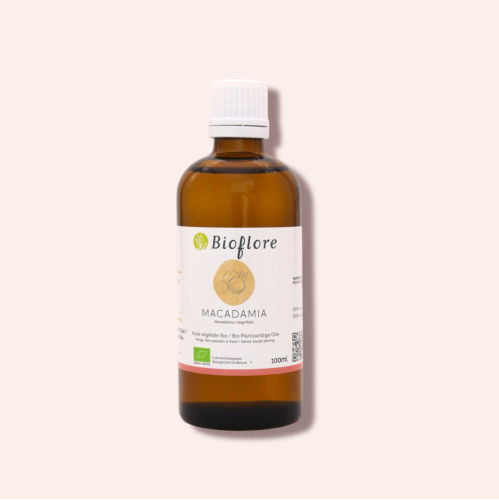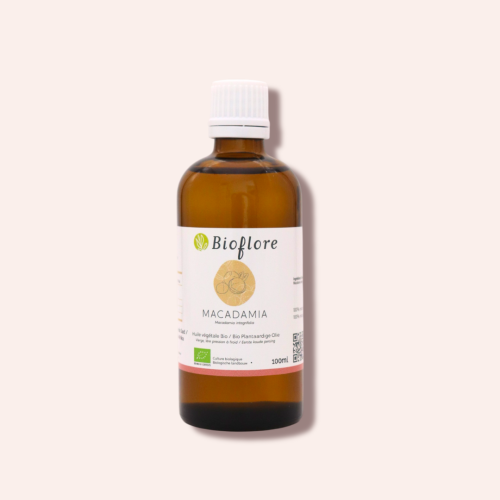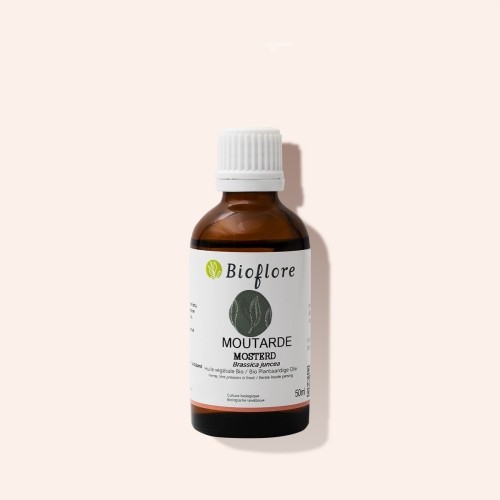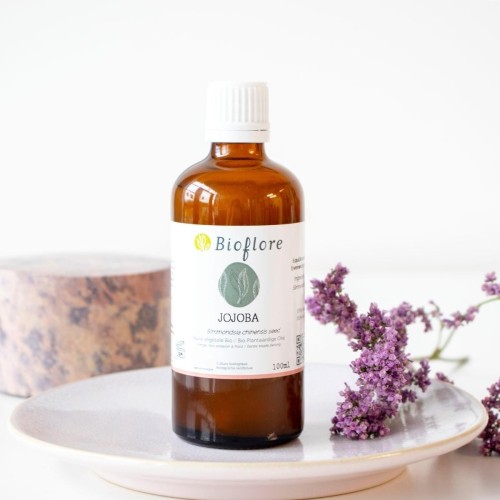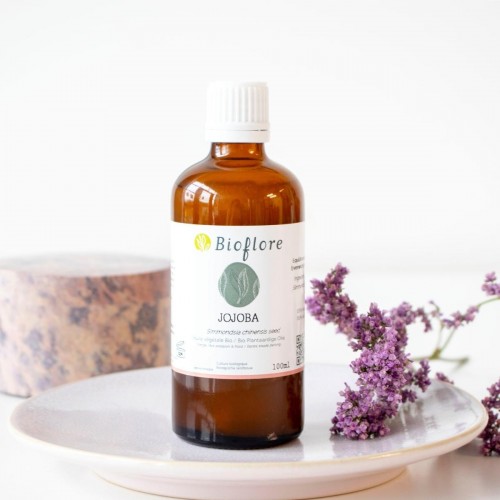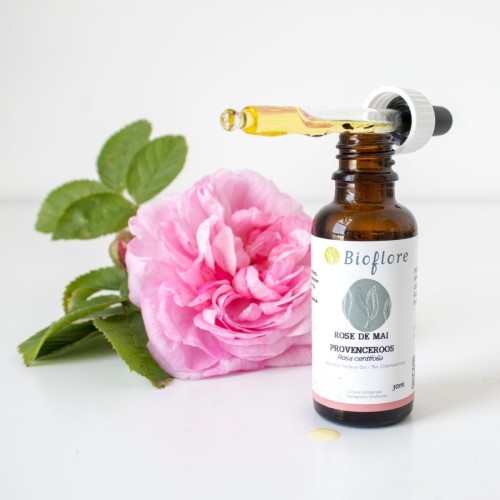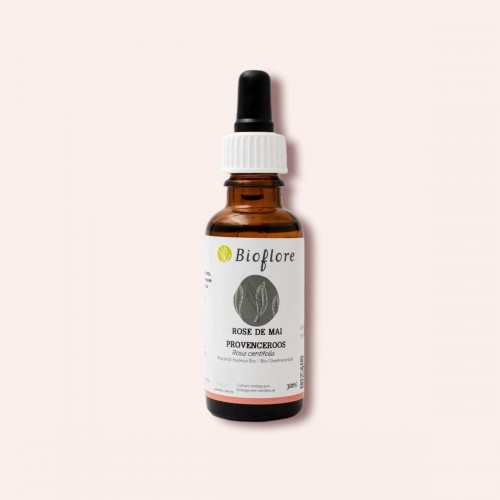Ayurveda is a holistic Indian medicine that takes care of all parts of the body. This thousand-year-old therapeutic science is based on diet, the benefits of plants, yoga and breathing. The balance of body and mind is sought, through a healthy lifestyle and an ayurvedic art of living on a daily basis. According to Ayurveda, each individual has a unique constitution, a primary nature, the Prakiti. A true science of balance, Ayurveda takes into account : the microcosm and the macrocosm: each human being is an image of the whole universe and the smallest of our cells reflects the infinitely large planets and galaxies in the cosmos and functions in the same way the five elements: water, earth, fire, air, ether or space which, according to Ayurveda, are present in our bodies in the image of these states of matter in nature individuals are composed of the three doshas: Vata (air, ether), Pitta (fire and water) and Kapha (earth and water) When all these elements are in balance, the individual is healthy, when an imbalance appears, it is there that health concerns, mental disorders and illnesses can appear. This dossier does not claim to introduce you to Ayurvedic medicine but to draw inspiration from some of these rituals for well-being and beauty, adapting them to our Western lifestyles. In the Ayurvedic tradition, beauty comes from within and is accompanied by rituals for the skin and hair that contribute to overall well-being. Let's discover some of these precious rituals. Morning rituals When you get up, drink a glass of warm water to cleanse the digestive tract and wake up the kidneys. Gandush, the oil mouthwash In the morning, practice an oil cleansing of the mouth, called Gandush or oil-pulling. According to Ayurveda, this mouthwash detoxifies the entire body and cleanses the oral cavity, while strengthening the teeth and gums. It is done in the morning, on an empty stomach. How can it be done? 1 - Clean your mouth with warm water. 2 - Take 1 spoonful of organic sesame or coconut oil (except during the cold season as it is considered refreshing in ayurveda) in your mouth, without swallowing it. 3 - Circulate the oil vigorously from left to right, between the teeth, throughout the mouth, for 5 to 15 minutes. At first this may seem like a long time, but you will see that it is quite feasible! Use this time to do something else at the same time. 4 - Spit the oil out into your compost, garden or rubbish bin. 5 - Rinse your mouth with warm water, possibly with your toothbrush but without toothpaste. Oil massage to awaken the body In the morning, to help your body wake up, massage yourself with a vegetable oil such as sesame, sweet almond or macadamia oil. This oil massage stimulates blood circulation, allows you to get in touch with your body and to anchor yourself in the day that is beginning, to calm stress and tension. Afterwards, you can take a shower to remove the excess oil or start your day! Ayurveda recommends starting the day with yoga, breathing exercises and meditation. Revealing your inner light In Ayurveda, plants play an important role in the care of the body. Beauty is seen as a reflection of the inner balance. Some ideas for self-care, inspired by Ayurveda: A rose powder mask for the face In Ayurveda, rose powder balances the three doshas, so it will take care of every skin type. Its rose scent harmonises the senses. Our mask recipe is here. Mask with local plant powders, inspired by Ayurvedic powders Our European herbalist's shop is full of precious plants that can offer us a local alternative to Indian hair powders. Rosemary, nettle, sage, burdock and mustard powders can strengthen and enhance our hair, inspired by Indian herbal powder masks. Oil baths to strengthen and enhance your hair Once a week as a treatment or every two weeks, wrap your lengths and tips in lightly warmed coconut or sesame oil and leave for 20 minutes under a warm towel. You can add a few drops of ylang-ylang and ginger essential oils to stimulate hair growth and add shine. Mustard oil: highly prized in the Ayurvedic tradition, this warming oil stimulates micro-circulation. Very active, it is always used diluted in a softer vegetable oil. Apply a mixture of mustard oil and jojoba oil to massage the scalp to slow down hair loss and stimulate growth. Facial care, each d?sha has its own fluid What is your 'beauty' doha according to Ayurveda? Vata: fine, dry skin, cool to the touch, not very prone to pimples. These skins tend to mark easily and wrinkles and fine lines appear early Pitta: medium thick skin, soft, luminous, warm to the touch, prone to redness, couperose, reactive, premature wrinkles, prone to acne, herpes or eczema K?pha: thick, smooth, toned skin, not very prone to wrinkles, not very reactive, with a tendency to be oily and have dilated pores, prone to bags under the eyes V?ta Face Fluid Sesame oil - 20 ml Rose of May macerate - 10 ml Rose otto essential oil - 5 drops Pitta Face Fluid Sweet almond vegetable oil - 29 ml Turmeric essential oil - 2 drops Rose dilution 3% - 10 drops Rose geranium essential oil - 5 drops K?pha Face Fluid Jojoba oil - 29 ml Bitter orange essential oil - 3 drops Palmarosa essential oil - 2 drops Lemon essential oil without furocoumarins - 3 drops Ayurveda and aromatherapy Holy basil hydrosol, an ayurvedic plant, here grown and distilled in Belgium! In the Ayurvedic tradition, tulsi basil is reputed to stimulate vitality and prolong longevity. Considered to be an adaptogen, tulsi basil is used to support the body in its daily life in the face of stress and fatigue. Its hydrosol is also used for the beauty of the skin and hair which it detoxifies and purifies. Turmeric essential oil promotes good digestion and helps the liver to function properly. It relieves many digestive disorders. Used in cosmetics, it brings its antioxidant action to the skin by preventing oxidative stress and premature aging. In olfactotherapy, it opens up the perception of things, lifts the mind and exalts the present moment. Ginger essential oil, a root similar to turmeric, but different from it in that it is more emotionally and sensually related. It is used to strengthen immunity, in massage to awaken the senses and in hair care to stimulate hair growth. The essential oil of cardamom with its aroma that blows hot and cold, this singular spice stimulates the intestinal function. Harmonising and comforting, it frees the mind. When diffused, it purifies the indoor air and promotes respiratory comfort. Books and websites to go further Les divins secrets de l'ayurveda by Sylvie Hampikian at Eyrolles The site: www.ayurveda-france.org Apple Seiler's video on Ayurveda
Taking inspiration from Ayurveda for self-care
Summary



